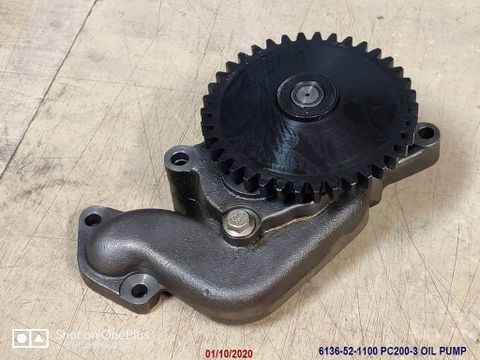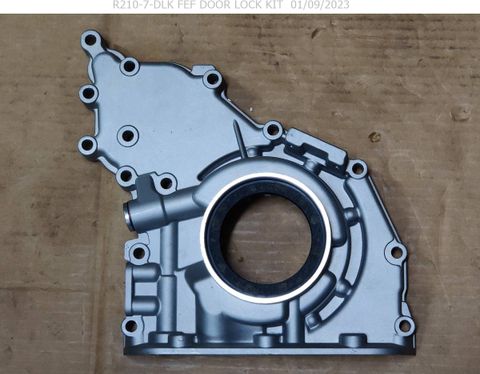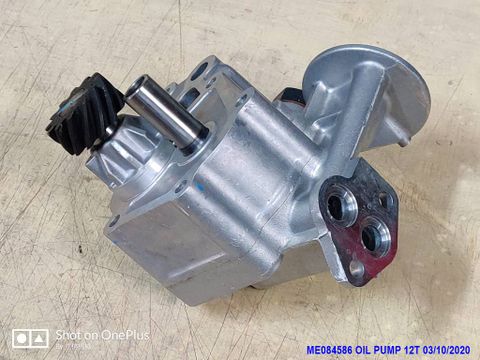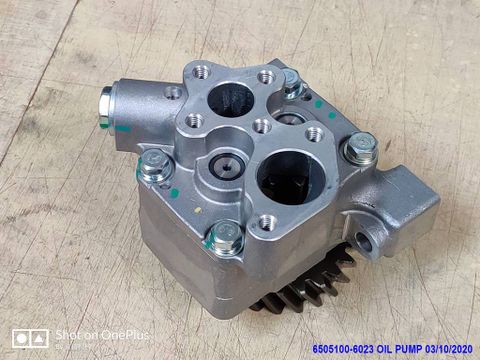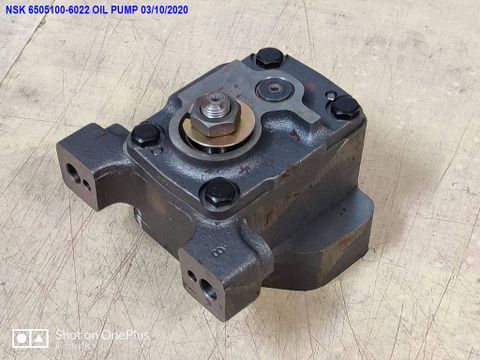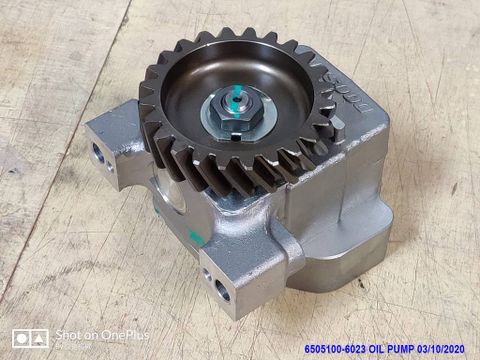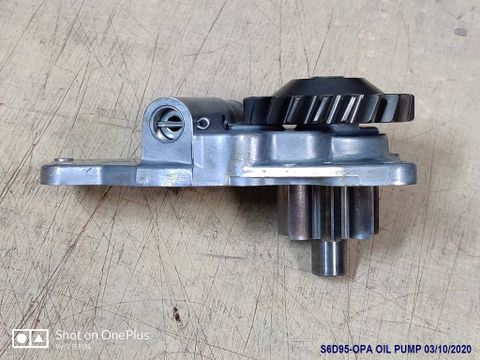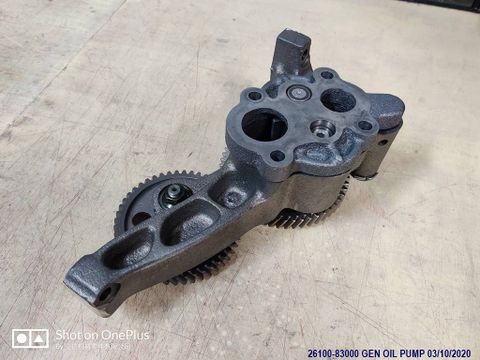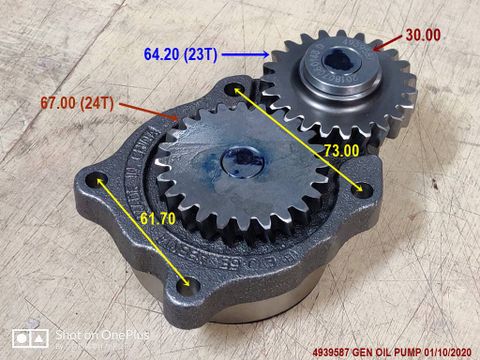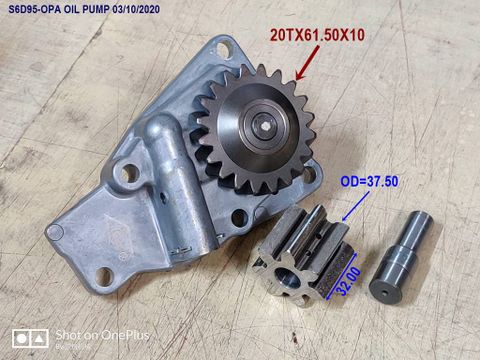OIL PUMP
อัพเดตล่าสุด
ราคา:
ขอราคา
Share Product:
รายละเอียด
The oil pump is a crucial component of an engine's lubrication system, responsible for circulating oil to various engine parts to ensure proper lubrication, cooling, and cleaning. Problems with the oil pump can lead to serious engine damage and performance issues. Here are some common problems associated with a faulty oil pump:
Low Oil Pressure: One of the most common signs of a failing oil pump is low oil pressure. The oil pump is responsible for maintaining the proper oil pressure in the engine. If it is not functioning correctly, the oil pressure can drop, leading to insufficient lubrication of engine components. This can cause increased friction, overheating, and wear on engine parts.
Engine Overheating: The oil pump helps to circulate oil, which aids in cooling the engine by absorbing and dissipating heat. A malfunctioning oil pump can result in poor oil circulation, leading to increased engine temperatures and overheating. Overheating can cause significant damage to engine components and lead to engine failure if not addressed promptly.
Engine Noise: Insufficient oil circulation due to a faulty oil pump can cause various engine noises, such as ticking, knocking, or whining. These noises are often the result of increased friction and metal-to-metal contact between engine components that are not receiving adequate lubrication.
Oil Pressure Warning Light: Modern vehicles are equipped with oil pressure warning lights that illuminate when there is a problem with the oil pressure. A failing oil pump can trigger this warning light, indicating that the engine is not receiving sufficient oil pressure. Ignoring this warning can lead to severe engine damage.
Oil Foaming: A malfunctioning oil pump can cause aeration or foaming of the oil. This occurs when air bubbles are introduced into the oil, reducing its effectiveness as a lubricant. Foamed oil cannot provide adequate lubrication, leading to increased wear and potential engine damage.
Metal Shavings in Oil: A failing oil pump can lead to increased friction and wear on engine components, resulting in metal shavings being present in the oil. These metal particles can be detected during an oil change or inspection and indicate that the oil pump may not be providing sufficient lubrication.
Oil Pump Noise: A failing oil pump itself can produce noise, such as whining or grinding sounds, especially if the pump's internal components are worn or damaged. These noises can be an indication of an imminent oil pump failure and should be addressed promptly.
Poor Engine Performance: Insufficient lubrication due to a faulty oil pump can lead to various engine performance issues, such as reduced power, rough idling, and stalling. Proper lubrication is essential for maintaining smooth engine operation, and a failing oil pump can significantly impact performance.
In summary, problems with the oil pump can lead to low oil pressure, engine overheating, unusual engine noises, oil pressure warning light activation, oil foaming, metal shavings in the oil, noise from the oil pump itself, and poor engine performance. Regular maintenance and timely replacement of a faulty oil pump are crucial to ensure the longevity and reliability of the engine.
4o
ข้อมูลจำเพาะ
| คำสำคัญ | |
| แบรนด์ | |
| แหล่งที่มา | MY |
แคตตาล็อก Download
